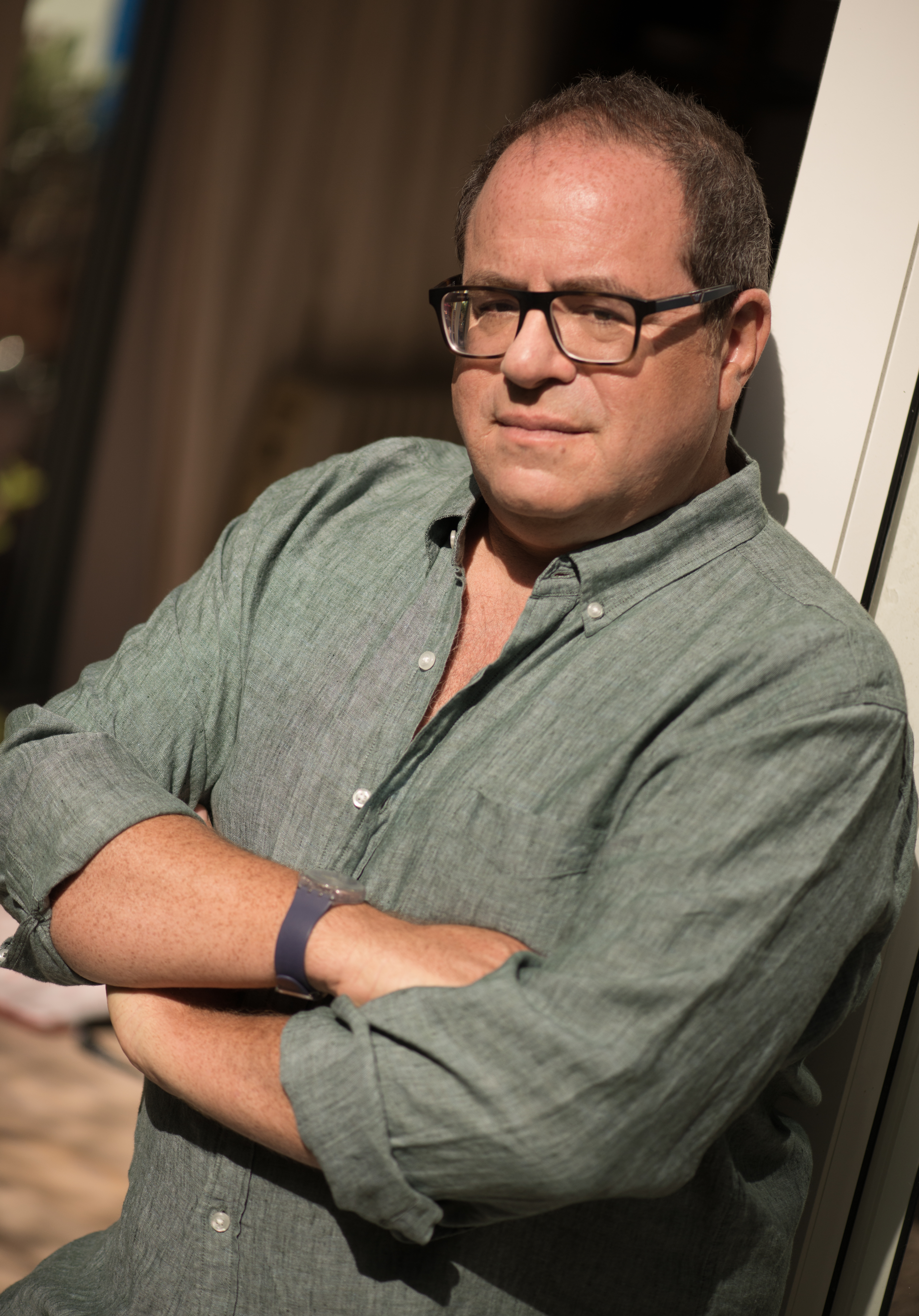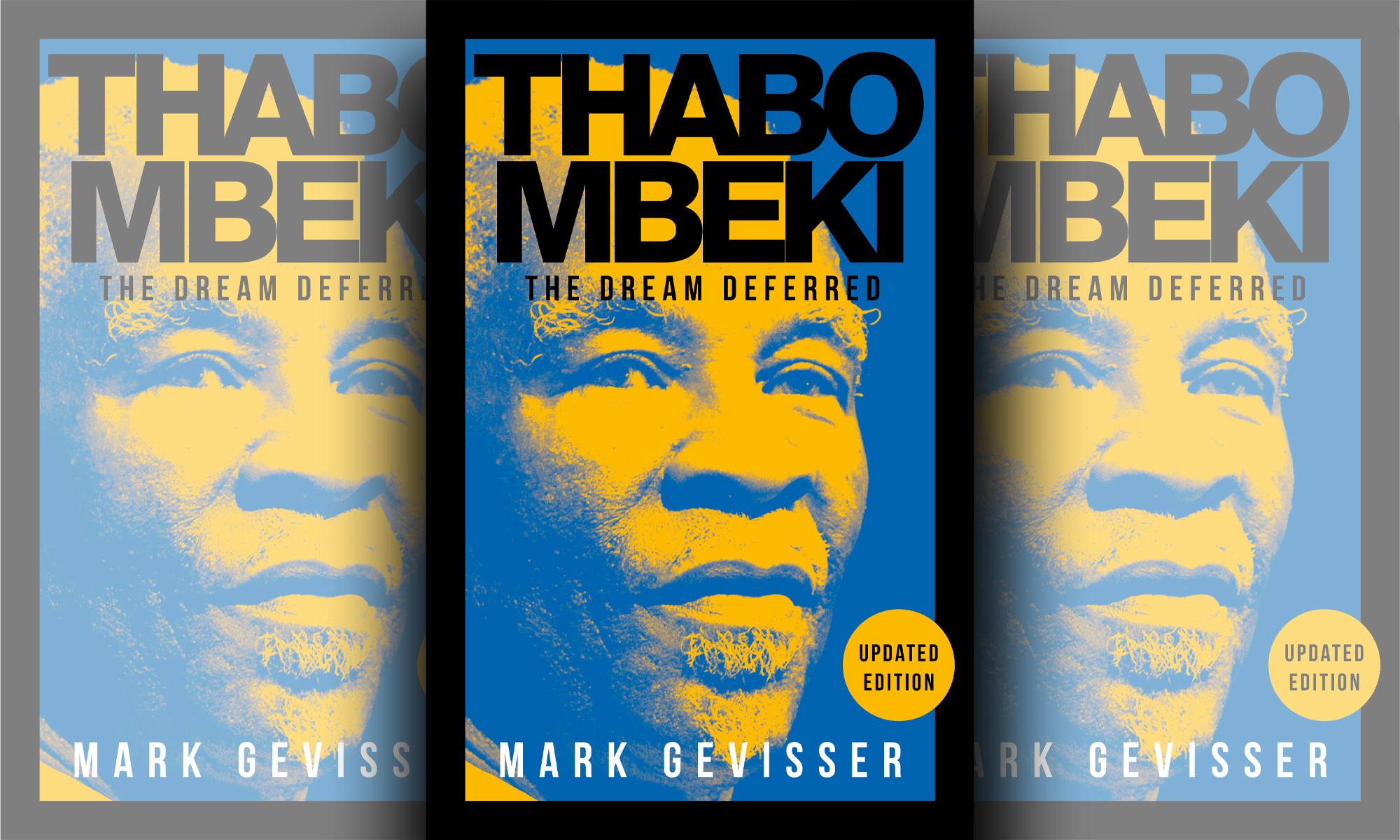In June 2022, former President Thabo Mbeki will celebrate his 80th birthday – author and journalist Mark Gevisser, who is also Mbeki’s biographer, has written two new chapters and an introduction to the updated edition of the biography.
Here is an extract of his book.
***
One of Thabo Mbeki’s favourite Shakespearean tragic heroes is the Roman war hero Coriolanus. When Coriolanus is banished from Rome by the tribunes—much as Mbeki was banished from the ANC by its delegates—he responds by calling them a “common cry of curs” and storming off into exile with the words “I banish you! And here remain with your uncertainty. There is a world elsewhere.”
After Polokwane, Mbeki turned away from the ANC and from South Africa – even while he was still president. In his last months of office, he focused primarily on his task as a mediator in in the Zimbabwe conflict. After his recall, he took on AU appointments mediating between Sudan and South Sudan, and in Côte d’Ivoire; and he led a high-level panel on illicit financial flows for the UN’s Economic Commission for Africa.
Mbeki would return from these travels to the home he and his wife, Zanele, had built in Riviera, between Houghton, where Nelson Mandela had settled, and Saxonwold, where the Gupta family held court. The new Mbeki home was a sprawling but low-key stone and thatch complex that fused African style with the Randlord vernacular of these grand old Johannesburg suburbs. Following Mandela’s lead, the ex-president had set up a Thabo Mbeki Foundation, which focused on his legacy and on education; the foundation bought the property next door to his home and moved in there.
Then, with a splashy launch in November 2020, Mbeki revealed his plans for a magnificent Thabo Mbeki Presidential Library to be built on the site, in the form of massive domes inspired by African granaries, designed by the Ghanaian-British superstar Sir David Adjaye. Mbeki’s presidential legacy project, the ambitious Freedom Park heritage complex outside Pretoria, had turned out to be a white elephant, as had the Cape Town Stadium he had insisted on building as a centerpiece for the 2010 FIFA World Cup. Now, with his library—for which the foundation was aggressively fundraising—he took another shot at posterity.
When asked during a live-audience radio interview in 2017 whether members of the Zuma government ever sought his counsel, Mbeki snapped, “No, they wouldn’t. They told me in 2008 that I was useless. I was not wanted. I don’t think they have changed their minds.”
Almost immediately after Mbeki left the presidency, the Riviera complex became the gathering point for Mbeki’s political allies, most of whom had also lost their leadership positions at Polokwane and had either left government or been fired. Later, Cyril Ramaphosa himself would become a frequent visitor to Riviera. But in the period immediately following Mbeki’s ouster, the Riviera gatherings became focused, as one frequent visitor put it to me, on “trying to find a way to bring the ANC back to its fundamental mission. We felt like we were in exile again.”
In the early years of this internal exile, Thabo Mbeki was the backroom eminence of the new Congress of the People (COPE) party. Even though his 92-year-old mother, Epainette, spiritedly joined COPE, his own deep familial ties to the ANC made it impossible for him to do so. As a way of smoking out Mbeki’s true allegiance, Jacob Zuma said publicly that the ex-president would be compelled to campaign for the ANC; Mbeki responded—in a letter leaked by Mbeki’s office to the press—by asking tartly why the ANC would even want him to be associated with its brand, given that it had just expressed so little confidence in him that it had fired him as president. Anyway, Mbeki wrote, “I refuse absolutely to rule from beyond the grave.”
But once Zuma left office Mbeki revisited this earlier commitment, and agreed to campaign for the ANC again. On the election stump in 2019, he explained why he had stayed away for a decade: “I could not personally, in all honesty, come and say to a person, ‘Please vote for the ANC,’ knowing very well the wrong things that were happening.” With his party’s frank admission that it had “veered off course” and needed “renewal,” Mbeki found it possible to wear ANC colors again, and he assertively aligned himself with the reformist agenda of his old foe, Cyril Ramaphosa.
By the time Jacob Zuma was finally sent to jail in June 2021—on a contempt of court sentence, for refusing to appear before the Judicial Commission of Inquiry into State Capture—the ANC had split definitively into two factions. One faction, led by Zuma’s supporters, fomented a mass insurrection in protest at his arrest, unleashing a week of bloody violence and looting that left more than 300 people dead and caused billions of rands in damage. The other faction, led by Ramaphosa now as president, found itself utterly incapable of containing the rioting—a graphic indication of the weakness of the South African state.
At the time of the insurrection, the darkest moment in post-apartheid South Africa yet, the Thabo Mbeki Foundation issued a statement that South Africa was “harvesting the bitter fruits of a counterrevolutionary insurgency that has long been germinating in the bowels of what we commonly call ‘state capture’.” He has said words publicly, to this effect, several times since.
 Author and journalist Mark Gevisser. Image: Supplied
Author and journalist Mark Gevisser. Image: Supplied
In the updated edition of Thabo Mbeki: The Dream Deferred, I argue that the Mbeki presidency and the Mbeki ANC actually set the table for state capture, through their policies and practices. But notwithstanding the way these problems have their roots in his own presidency, Mbeki’s truth-telling is very important and strangely under-reported , as much of his post-presidential life has been. Is it Mbeki’s choice, or his foundation’s inefficiency, or the South African media’s lack of interest, that he still seems somewhat spectral—the object of nostalgia for some, a nightmare for others—despite his return to public political life? On the rare—and little publicised—moments Mbeki does play the role he seems vividly alive, especially when he is talking about about state capture, or the renewal of his party.
In August 2017, Mbeki wrote a spirited opinion after a parliamentary vote of no confidence failed to bring down Zuma, reminding parliamentarians that their constitutional obligation was to the people, and not to their political parties. Was Mbeki blind to the way his ANC exercised political control over the legislature, defanging it after its very lively, robust beginnings in 1994? Was he being instrumentalist, calling for people power over party discipline only if this was to be trained against his adversary? Or was it—as much as might be possible in such a man —a form of contrition, another step towards rehabilitation?
Mbeki is not one to apologize, and there will be those who feel, correctly, that there can be no rehabilitation for him without this. But there is something very poignant, even if numbingly boring, in the recitation of ANC leaders’ statements against corruption and “careerism” that he gives in every public lecture, pasting together citations that go right back to Mandela’s 1997 statement. Like the continual stream of tributes to fallen comrades posted on his Facebook feed, it is evidence that he can neither leave the family nor reckon properly with the depth of the problem, for he is very custodian of its legacy, whatever that legacy might be. And it is the closest he will come to telling us he failed.
Still, in Mbeki’s public statements over the last few years, there appears to be an increasing appreciation of the value and the fragility of the rule of law he championed but also undermined. This sensibility shines through the 2018 paper he wrote, critiquing his party’s decision to amend the constitution to allow for land to be expropriated without compensation. His submission is a model of sober analysis, and while it does not minimize a very real problem that the ANC’s knee-jerk “constitutional” solution does little to address, it is grounded in a deep understanding of why the ANC has developed a “nonracial” ideology. If the ANC proceeds with its constitutional amendment, he writes, wryly, it might as well amend the Freedom Charter to read: “South Africa belongs to all who live in it, black and white, except as this relates to land.”
At one of Mbeki’s question-and-answer sessions with students at the University of South Africa, organized through the Thabo Mbeki African Leadership Institute, he deals with an aggressive heckler who challenges him on why the ANC has sold out to “white monopoly capital” on economic policy and reform: “What was your logic when you established [the] willing buyer, willing seller [policy]?” the young man screams. “You know our people didn’t have the money to buy the land! WHAT WAS YOUR LOGIC?”
There is only an audio recording of the event, and in it you hear the hall erupt into chaos as the moderator calls “Police! Police!” Mbeki, calm and measured, responds. First, he describes the way Anglo American used to account for 60 percent of the Johannesburg Stock Exchange and now only has 6 percent. Then he tells his young listeners that the biggest shareholder in Investec Bank, now listed offshore, is the Government Employees’ Pension Fund: “I’m mentioning things to say, I’m perfectly happy to discuss monopoly capital as a scientist, not as a political slogan.” If one did, one would discover that the biggest issue facing the South African economy was not “white monopoly capital” but “risk aversion on the part of South African banks: they don’t want to lend.” He tosses out some data to make his point.
On the land issue, Mbeki issues a provocation he much enjoys: “The greatest pressure, for the African population, is urban land. We have to attend to this matter, and if it requires ‘expropriation without compensation,’ let’s do that.” But as for commercial farms, “How many of you want to be farmers?”
“Mr President, NO!”
Commotion. “Police! Police!”
Impervious, Mbeki asks for a show of hands. “I don’t know how many of us are willing to become farmers. How intense is this demand?” He mentions that in the majority of cases, “people have opted to take money rather than land.”
“No!”
But Thabo Mbeki is not finished, even though his voice is hoarse with fatigue: He has been at it for two hours. “When we respond to the land question, it must not be through slogans. We are trying to resolve a problem, and to resolve it we need to answer these questions….” DM/ ML
This is an edited extract of Thabo Mbeki: The Dream Deferred – Updated Edition, published by Jonathan Ball, and available for R310.




 Mark Gevisser. Image: Supplied
Mark Gevisser. Image: Supplied 